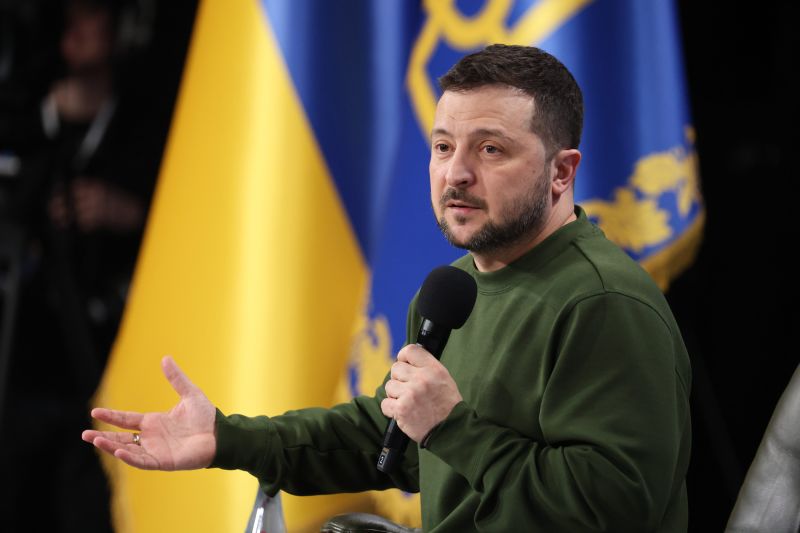In a significant move aimed at altering and bettering the country’s defense capabilities, Ukrainian President Volodymyr Zelensky recently signed a law that revamps Ukraine’s existing mobilization rules and methods. This development marks a substantial shift in how the country addresses its national security needs, highlighting the government’s keen focus on offering a well-planned and effective response to any possible threats.
The new law, known as On Military Duty and Military Service, Textbooks on the Military Affairs, and the Enhancement of National Patriotism among Citizens, aims to establish a system allowing online mobilization. This modern platform will be enacted during special periods such as military or other states of emergency. With this overhaul, the government plans to make the mobilization process faster, streamlined, and more efficient.
This law indicates a shift from amassing a large reserve of military personnel to focus more on the quality of the forces and their preparedness for battle. Core features of the new law include improving the quality of mobilization training and maintaining high readiness of the reserves. It aims to simplify the structure of mobilization and allows the Ukrainian Armed Forces to mount a rapid and effective response to aggressive actions against the nation’s sovereignty.
Moreover, the electronic mobilization aspect toward which this law steers the system is a noteworthy feature. With this move, instead of using traditional methods of mobilization which could culminate in considerable time and resources waste, the government will leverage modern digital solutions to manage mobilization. The online system will not just make the process quicker but would also assure transparency and accountability, reducing possible personnel management errors.
Notably, the law also puts an emphasis on patriotic education, demonstrating the government’s intent to instill a sense of nationalism among the citizens. The law includes sections dedicated to the importance of textbooks on military affairs and the promotion of national patriotism. Also, it ensures that citizens are better informed about territorial defense, civil protection, and issues of national security policy, which are to be taught in educational institutions.
This law also includes provisions for regular medical and professional examinations for reservists and maps designated places where they will receive food, uniforms, and weapons during a military crisis. Apart from addressing the mobilization concerns, this inclusion will ensure that the health and preparedness of the recruits are given due importance, thereby sophisticating the overall operational efficiency of the forces.
In essence, the implementation of this law signifies Ukraine’s shift from outdated models of military mobilization to a more modern, effective, and robust approach. The law sets the stage for a robust future response mechanism, enhancing Ukraine’s defense capabilities in the face of potential threats and emergencies. By merging technological advancements with patriotic education and improving the quality and preparedness of its reservists, Ukraine has demonstrated a renewed commitment to strengthening its defense landscape. This legal revision is indeed a commendable stride towards national security.




